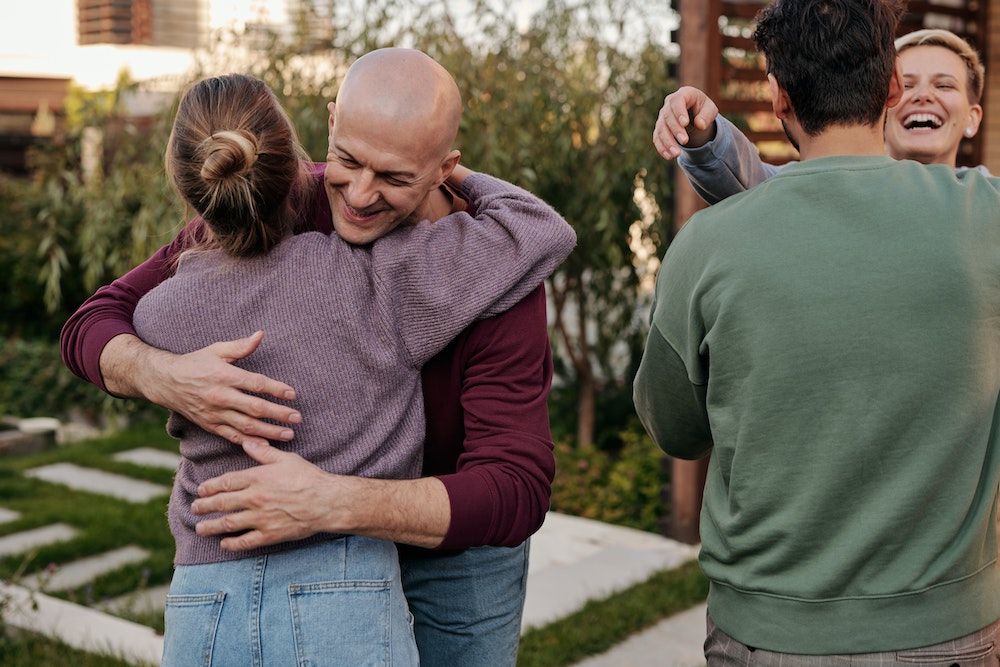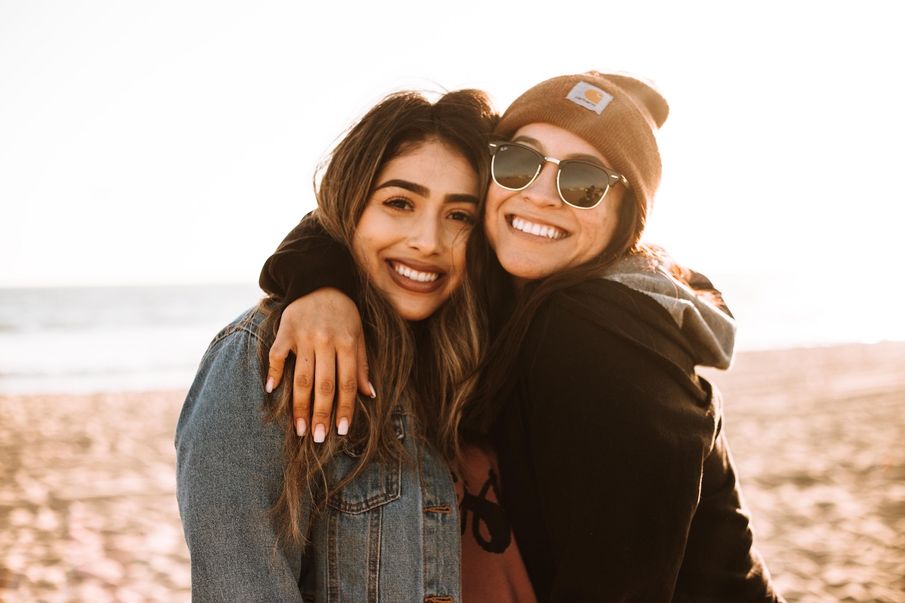If you’re longing for connection but struggling to take that first step, we have some tips for you
There are two women in my Pilates class who I enjoy chatting with at the start of each session. I’ve often felt we should try taking our friendship off the mat and into a coffee shop, but something always holds me back. What I’ve come to realise is that the culprit is my fear of rejection.
I’m scared they’ll look at me horrified, say no, and laugh as they walk away. I’m scared we’ll go for coffee and each stare into our cups hoping the dark abyss will provide topics for conversation. These fears may sound silly, but they’re also understandable.
Social rejection is a fear that’s inbuilt in us humans. To stay safe back in our caveman days, we needed the protection of the tribe. Being cast out by them meant certain peril. Some of us can even look to more recent history, remembering times we were bullied or left out at school – a sting that refuses to subside.
What can we do then, when we know we want to make new friends and connect with people, but fear of rejection is holding us back? Here are some ideas to consider.
Fear can show our values
The first thing that can be helpful for us to remember is that when we’re worried about something, it’s often because we care about it. If you’re nervous about asking a new connection if they’d like to meet up, you likely value friendship a lot.
This is a positive thing and something to be proud of. As tempting as it may be to berate yourself about these worries, reflect on the flip side of this. Self-compassion goes a long way in building confidence, especially when it comes to relationships.
If you see a chance for connection, they likely do to
Unless you plan to walk up to total strangers on the street and ask them to be buddies, chances are you’re planning on asking a connection you already know if they want to take things a step further. You probably talk a little already (either online or in-person) and feel like the two of you may get on.
If you have this feeling, then it’s likely they feel the same way. In fact, they might be thinking about asking you exactly the same thing. It may just take a little bravery to be the first one to make the suggestion.

Be open about the awkwardness
Making new friends is an awful lot like dating, and sometimes it helps to acknowledge that. Being upfront about the fact that you’re a little nervous about asking them out on a ‘friend date’ can help to break the ice and lighten the mood. And hey, starting a friendship on an honest note is always a good thing, right?
Allow for busy schedules
Once you have bitten the bullet and asked your connection ‘out’, allow for some wiggle room in the scheduling process. As adults, something that can hold us back from spending time with others is our busy lives. Your connection may be happy you initiated the idea of meeting up, but right now they may be in the midst of a little one starting school, a virus that won’t go away, or caring responsibilities for a parent.
Don’t be disheartened if the date set is a little further in the future than planned. Try to allow the timeline of your new friendship to flex and bend with both of your needs.
Build on your common ground
If you’re worried you won’t have anything to talk about when you do meet, focus on building up from the common ground you already have. For example, you may live in the same town, attend the same Pilates class, or like the same coffee shop. Start here and let your curiosity guide you – what do they do outside of Pilates? Have they always lived here? What other coffee shops do they rate?
The beautiful thing about new connections is that we only know a snippet of them. When we meet intentionally, we can pull back and get a fuller picture. You may notice other commonalities between the two of you, or differences that pique your interest. Either way, there will be plenty to explore and talk about.
If this has got you thinking more about connection and friendship, be sure to listen to our podcast episode, ‘Friendship: Finding What Works’. Speaking to a counselling psychologist and one of my oldest friends, we explore the importance of friendships, making new friends, maintaining them, setting boundaries, and what to do when it’s time to end one.


Comments